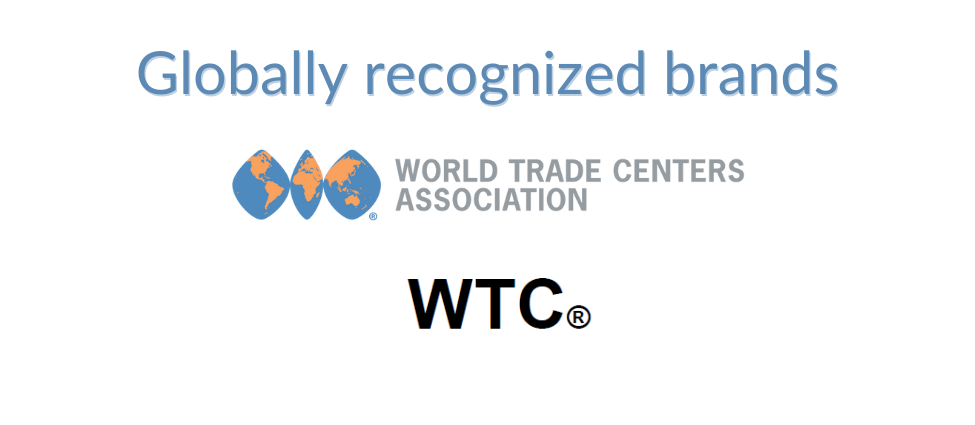
WTC Moscow's general director at Legpromforum

MOSCOW, RUSSIA - The international industry forum "Consumer Goods Industry in Russia: The Present and the Future" opened today in the Expocenter Exhibition Complex. On the first day of the conference, Vladimir Salamatov, Director of the WTC Moscow made a presentation on, "The Consumer goods industry: trends, challenges, ways of development.”
Victor Evtukhov, Deputy Industry and Trade Minister of the Russian Federation, paid special attention to the difficulties experienced at present by Russia’s consumer goods industry. In particular, he noted shortage of domestically produced basic materials required for development of textile industry in Russia, lack of trained workforce, large influx of poor quality and counterfeit products in the Russian market, as well as unjustly high power supply prices and small amounts of investments in enterprises.
The deputy minister laid emphasis on the fact that the Industry and Trade Ministry is going to make its best efforts to tackle the latter issue. "We are considering setting up an industry development fund which will be providing loans at rates lower than 5%. If the idea receives the government’s nod, the fund will become part of a social and credit program of Vneshekonombank and the ministry, with VEB to review applications, commission expert evaluation of the projects, raise funding and provide it to specific beneficiaries", said Mr. Evtukhov.
In his turn, Vladimir Strashko, Vice President of the Chamber of Commerce and Industry of the Russian Federation, observed that the government authorities have taken some steps lately to enhance competitiveness of the national consumer goods industry. For instance, on January 3, 2014, the Russian government adopted the rules to provide federal budget subsidies to consumer goods and textile manufacturers. At the same time, the vice president of the Russian CCI expressed conviction that a small growth of that sector of economy is just an ounce of what that industry deserves. In addition, he touched upon some sore points of the consumer goods industry, such as taxes, administrative barriers and large quantities of counterfeit products flooding the market. "The consumer goods industry accounts for 30 to 40 percent of all counterfeit products in the Russian market. The issue deserves more attention, study and adequate measures to be taken to resolve it. One of the key prerequisites for the WTO accession was total absence of counterfeit products, among consumer goods,” stressed Vladimir Strashko.
In his statement, Vladimir Salamatov emphasized the complicated situation that the Russian consumer goods industry found itself in following the country’s accession to the World Trade Organization. "Out of eight types of products that have been most affected by Russia’s accession to the WTO, there are four positions that have direct relation to what we’re talking about today. For instance, shoe imports to Russia have grown by 11%. But those are shoes in general. Looking at rubber shoes and boots with knitted tops, their imports have skyrocketed by 24%", elaborated Mr. Salamatov.
Currently, among Russian industries represented in the international markets, the consumer goods industry and the textile industry are far from being in the first place. Speaking about products with high degree of treatment, Russia has only two important export items, namely armaments and military vehicles (20% of the global market), on one hand, and equipment for nuclear power plants (21% of the world market), on the other. Nevertheless, Vladimir Salamatov expressed conviction that Russian consumer goods and textiles industries have serious potential. For the sake of argument, he referred to integration experiences of the Peoples’ Republic of China.
"When China acceded the WTO in 2001, the level of its textile industry, from the standpoint of being fitted with modern machinery and equipment, was extremely low. Even with small labor costs, China was unable to compete in the global market. But the country adopted a targeted government policy to install special weaving and sewing equipment at enterprises. As a result, in two to three years, the issue of lack of competitiveness was resolved. It seems to me, it’s possible for us as well", stated Mr. Salamatov.
Furthermore, the dialog between Soyuzlegprom and Russia’s Industry and Trade Ministry, which has been going on since last year, is bringing significant results, remarked the General Director of WTC Moscow.
For more information on this article, please contact Yulia S. Ivanova, WTC Moscow, at YSIvanova@wtcmoscow.ru.
